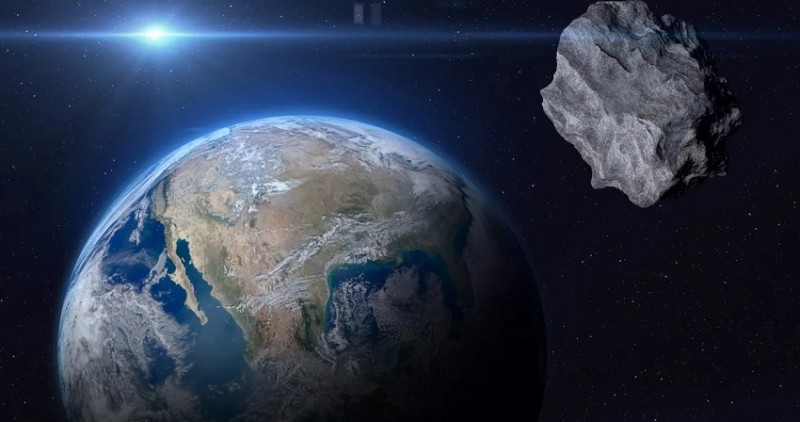
Astronomers and sky enthusiasts are eagerly anticipating a rare celestial event this week as the massive asteroid known as 2011 UL21, dubbed the "Planet Killer," makes a close approach to Earth. Estimated to be about 2.5 kilometers in diameter, this asteroid orbits the sun every three years. Despite its imposing size, it will pass by our planet at a safe distance of 4.1 million miles, approximately 17 times farther away than the moon.
Attention on Asteroid 2024 MK
Recent observations by astronomers in South Africa have brought attention to another celestial object, asteroid 2024 MK, discovered just weeks ago. Although significantly smaller than the mountain-sized 2011 UL21, 2024 MK has raised concerns due to its potential impact risks. Experts warn that even smaller asteroids like 2024 MK could cause "considerable damage" if they were to collide with Earth, as assessed by the European Space Agency and MIT Technology Review.
Potential Impact and Monitoring
MIT Technology Review notes that an asteroid of similar size to 2011 UL21 could devastate a city upon impact. The European Space Agency classifies 2024 MK as "potentially hazardous," underscoring the global consequences such an asteroid could have. NASA echoes these concerns, emphasizing the necessity of continuous monitoring and planetary defense efforts against asteroids.
How to Watch the Event Live
For those interested in witnessing this celestial event live, the Virtual Telescope Project will host a livestream from the Bellatrix Astronomical Observatory in Ceccano, Italy. The livestream begins on June 27 at 1 pm PT/3 pm CT/4 pm ET, capturing the asteroid's closest approach approximately 15 minutes later. Alternatively, observers equipped with telescopes can view it across the Northern Hemisphere, with optimal visibility expected on June 28 and 29.
Scientific Insights and Research Opportunities
These close encounters with asteroids like 2011 UL21 provide invaluable opportunities for scientific research. Lance Benner, principal investigator at NASA's Jet Propulsion Laboratory, highlights that accurate measurements during such events significantly enhance our understanding of asteroid trajectories and improve future predictions.
Celebrating World Asteroid Day: How World Asteroid Day Benefits People
Explore the Cosmos: NASA's New 3D Video of the Pillars of Creation
NASA Extends Stay for Boeing Starliner Crew on ISS Amid Technical Delays
NASA Astronauts Sunita Williams and Barry Wilmore Remain in Orbit Amid Spacecraft Issues